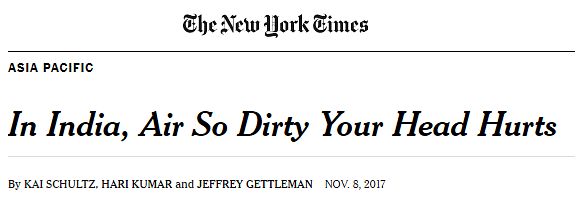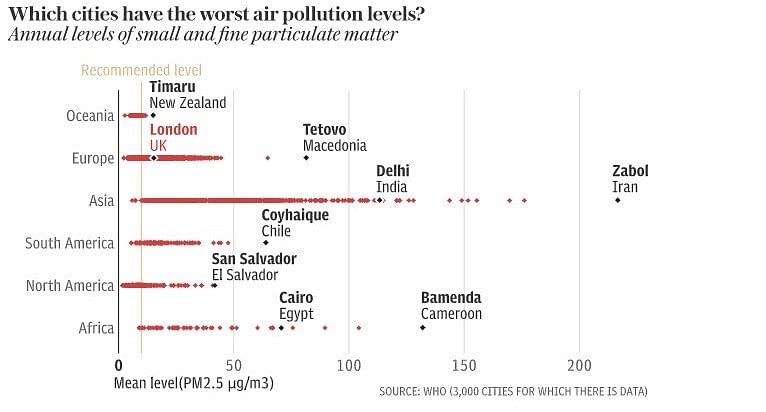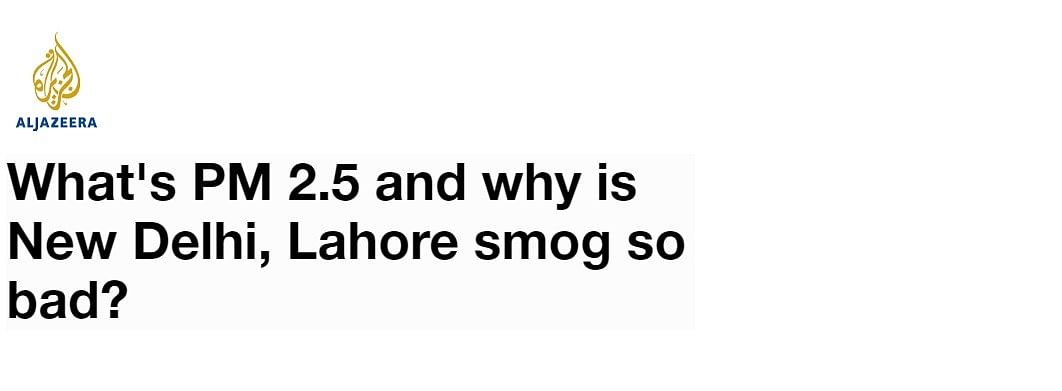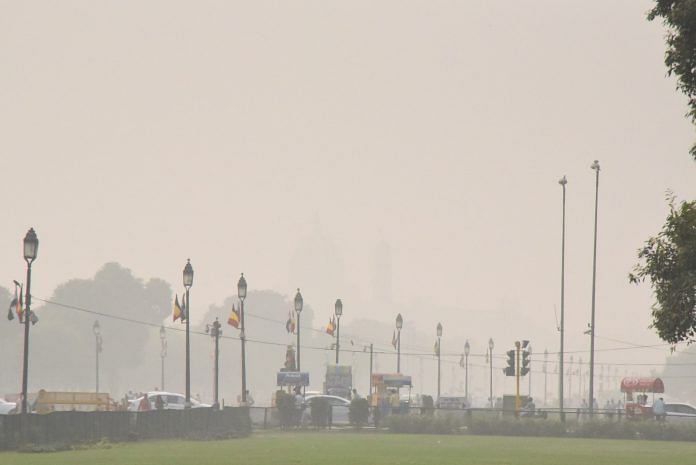Media houses across the world have been reporting on the smog that has enveloped Delhi. Here’s what they said.
The smog in Delhi that has enveloped the city since Monday, has not only made headlines across the subcontinent, but is also featuring in headlines across the world.
In its report on the Delhi smog, The New York Times said that the air pollution was making people’s heads hurt. Describing how bad it is, the writers of the article say:
“For those of us living here, the air pollution saps our strength. Many people feel nauseated all day, like from a never-ending case of car sickness. The air tastes smoky and irritates the throat, and in some neighborhoods, it smells like paint.”

The Washington Post used tweets and other social media posts to highlight the situation in Delhi. It also noted that Chief Minister Arvind Kejriwal had called the city a ‘gas chamber’.

The Telegraph in its report on how toxic Delhi’s air is, pointed out that India’s capital wasn’t the ‘most polluted city’ in the world. If you considered the annual numbers for pollution.
“Despite its reputation, Delhi isn’t actually the most polluted city in the world, that’s Zabol in Iran, according to WHO.”
Delhi is 11th place on the list of the most polluted cities in the world, while London ranks 1,389th out of the nearly 3,000 cities and towns monitored,” it stated.


Al Jazeera reports that it wasn’t just Delhi enveloped in smog, and that Lahore in Pakistan is facing similar conditions.
The article also explained that there wouldn’t be any relief any time soon:
“The season goes on throughout the winter, right into February or sometimes later when the lengthening days and warmer sunshine finally start to have an affect on the local climatic conditions.”

The Guardian in its report highlighted how it was affecting all strata of society. From the poor rickshaw puller to the swish set partying on the lawns of the Australian High Commission, everyone was affected. But not everyone was complaining.
“It was like being in Europe in the middle of winter on a misty morning,” said one reveller, Elizabeth Pennell, a lawyer for an international fund. “It would have been romantic had the mist not been PM2.5.”




